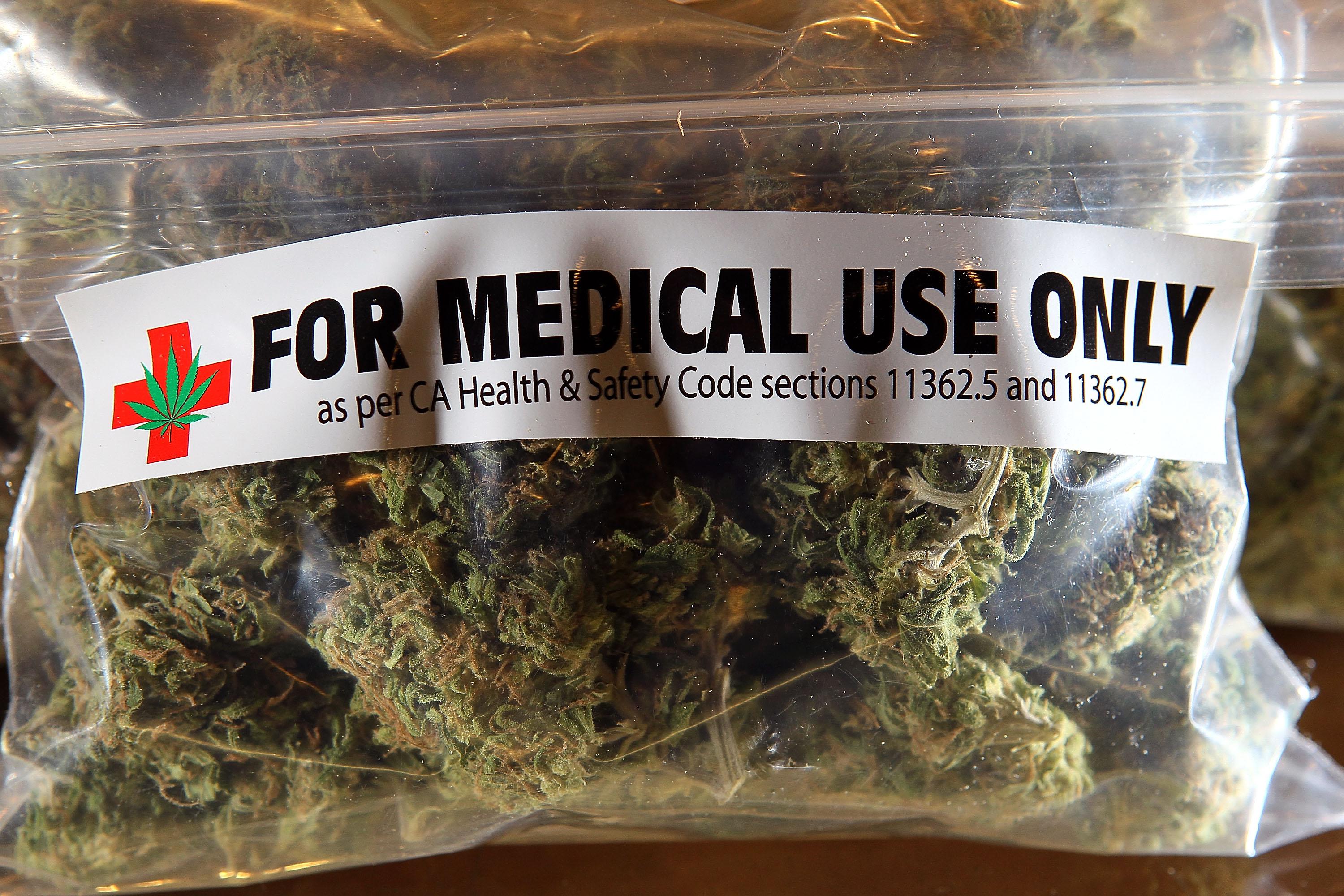Pot’s slow march toward legalization almost found a shortcut this week in federal court, but a federal judge in California ultimately had second thoughts about removing marijuana from the government’s list of the most dangerous drugs. The ruling wasn’t necessarily unexpected—the challenge to the existing law was always an uphill battle—but it was still a disappointment for activists who had a major momentum-building victory in their sights.
Here’s the Associated Press with the play-by-play from Sacramento, which shows just how close the pro-pot crowd came to persuading the judge to knock pot from a category of drugs that includes heroin, LSD, Ecstasy, and a handful of other heavyweights (emphasis mine):
U.S. District Judge Kimberly Mueller said during a brief court hearing that she was initially prepared to rule that marijuana should not be a Schedule 1 drug but then decided it was up to Congress to change the law if it wishes. “It has been 45 years since Congress passed the Controlled Substances Act,” Mueller said, noting “the landscape has changed” since then.
However, the judge pointed out that courts are not designed to act as a maker of public policy and explained that she had made her decision based on the facts of the marijuana growing case that sparked the legal challenge. “This is not the court and this is not the time” to overturn federal law, she said.
An overwhelming majority of Americans think that the legalization of marijuana is inevitable, and Mueller’s remarks suggest she too believes it’s only a matter of when, not if, the federal government ends its eight-decade complete prohibition of pot. Still, even if the Obama appointee had rejected the government’s classification of cannabis, it would have applied only to the case in question—concerning 16 men accused of conspiring to grow more than 1,000 pot plants in a national forest—and almost certainly would have been appealed by the government. Nonetheless, legalization is likely to happen in incremental steps—in many ways it already is—and a pro-pot ruling here would have represented a precedent-setting leap.
The Drug Enforcement Agency classifies pot as a Schedule 1 drug under the Controlled Substances Act, that law signed by Richard Nixon in 1970 shortly before he officially launched the “war on drugs” and that still serves as the backbone of federal drug policy today. Schedule 1 drugs, according to the federal definition, have “no currently accepted medical use and a high potential for abuse.”
Placing pot in that category as opposed to a lesser one was always more about politics than science, but the absurdity of the decision has become even more difficult to deny in the nearly half-century since. The classification runs counter to the medical consensus that cancer patients and others can benefit from marijuana use, to public opinion, and to the 23 states that have legalized medical marijuana. It also is in conflict with Congress’s decision last year to temporary block the Justice Department from spending a dime to prosecute patients or medical marijuana dispensaries that are acting in accordance with state law but running afoul of federal ones.
Judges typically accept the federal classification of marijuana as a given, so Mueller’s decision to allow the defendants to spend five days this past fall arguing the scientific and medical case for the drug was noteworthy in itself. In the end, though, Mueller decided it wasn’t for her to say whether the feds were correct that pot has no medical benefits, but instead only whether they effectively made that decision in good faith. As Paul Armentano, the deputy director of pro-pot NORML who assisted the defense, put it in the ruling’s immediate aftermath: “The continued Schedule I classification of cannabis, in 2015, [is] self-evidently ridiculous. But unfortunately, the law may be ridiculous and still pass constitutional muster.”
The defense plans on appealing the ruling to the 9th Circuit, but they’ll have to wait until after the current proceedings in district court wrap up. In the meantime, the pro-pot crowd is likely to turn its attention back to Congress, where a small but growing group of bipartisan lawmakers is working to clear the way for medical marijuana, and to a host of states where initiatives to legalize recreational weed are expected to be on the ballot in 2016.
